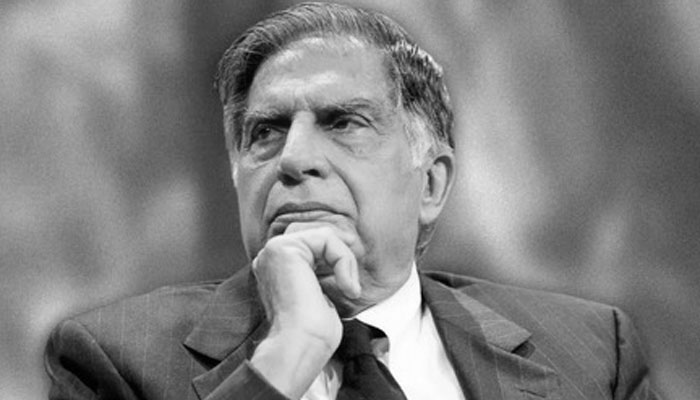
[ad_1]
Early Life and Education
Born on December 28, 1937, into the prestigious Tata family, Ratan Tata was raised with strong values of integrity, leadership, and service. He pursued his education in the United States, earning a degree in architecture from Cornell University and later completing an Advanced Management Program at Harvard Business School.
Leadership of Tata Group
Ratan Tata took over as chairman of Tata Sons in 1991, succeeding J.R.D. Tata. Under his leadership, the Tata Group diversified its portfolio, expanding into various industries, including steel, automobiles, IT services, and telecommunications. His tenure saw major acquisitions like Jaguar Land Rover, Corus Steel, and Tetley Tea, making Tata Group a global brand.
Notable Achievements
•Acquisition of Jaguar Land Rover: One of Ratan Tata’s most prominent achievements was the acquisition of luxury car brands Jaguar and Land Rover from Ford in 2008. This deal not only cemented Tata Motors’ position on the global stage but also turned around the fortunes of the iconic British brands.
•Launch of Tata Nano: With a vision to provide affordable transportation to the masses, Tata introduced the Tata Nano in 2008, the world’s cheapest car. Although the car didn’t achieve commercial success, it showcased Ratan Tata’s dedication to innovation and making technology accessible.
•Philanthropy: Ratan Tata was not just a business mogul; he was a committed philanthropist. He devoted much of his resources to education, healthcare, and rural development. The Tata Trusts, under his guidance, have contributed significantly to India’s social welfare initiatives.
Awards and Recognition
Ratan Tata’s contributions to business and society were recognized globally. He was honored with several prestigious awards, including the Padma Vibhushan and Padma Bhushan, two of India’s highest civilian honors. He was also appointed to several global boards and advisory councils, influencing policies worldwide.
Ratan Tata’s Leadership Style
Ratan Tata was known for his ethical leadership and commitment to innovation. He always prioritized the well-being of his employees, shareholders, and the community. His decisions were driven by a desire to contribute to India’s growth and development rather than just focusing on profits.
A Legacy Beyond Business
Even after stepping down as chairman in 2012, Ratan Tata continued to remain active in the business world, advising startups and mentoring young entrepreneurs. His influence extended far beyond the Tata Group, inspiring a new generation of leaders in India and around the world.
[ad_2]
Source link




